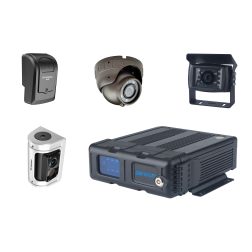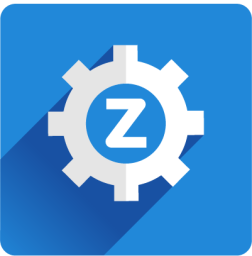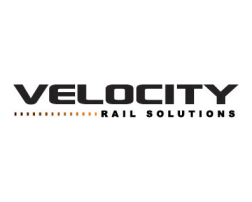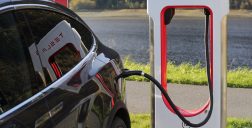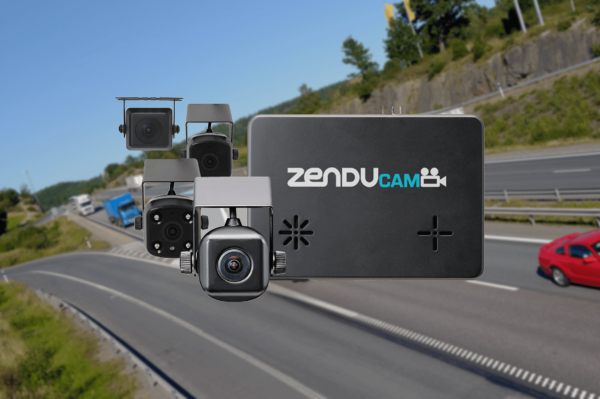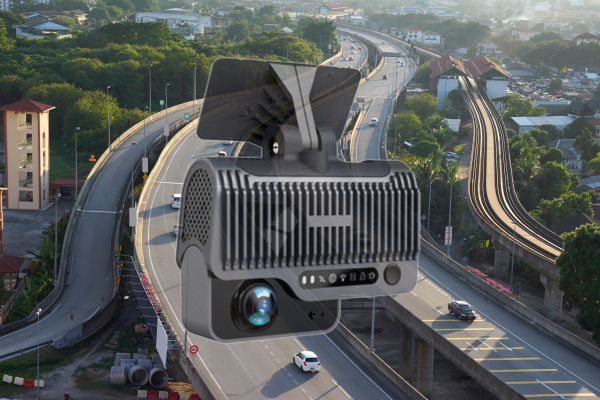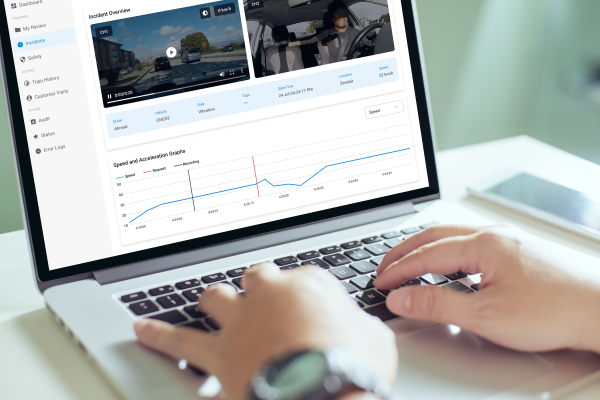Thinking Of Dash Cams For Your Fleet? Here’s What You Need To Know Before You Buy
July 12, 2021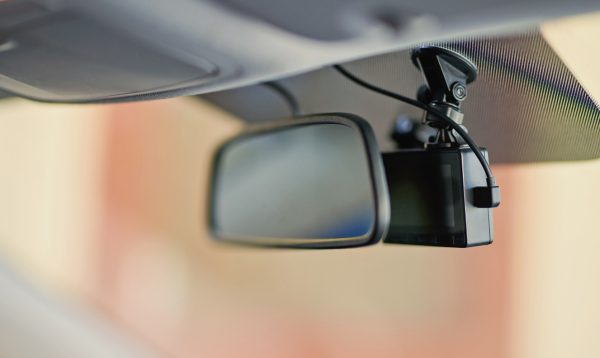
By now, there’s little to argue about when it comes to commercial dash cams. Not investing in modern technology that protects your vehicles, drivers, payloads and company reputation could be perceived as downright negligent.
These small cameras, mounted to a vehicle’s dashboard or on the inside of the windshield, can either be road-facing or both road and driver-facing. Dash cams increase road safety, improve driving behavior and exonerate your drivers in the unfortunate event of an accident.
Dash cams provide fleet managers with visibility, not only on the performance of their drivers, but on the overall safety of their fleet. The right combination of hardware (dash cams) and software provides valuable insights into behaviours such as detecting collisions, hard braking, rapid acceleration, speeding, etc.
But what do you need to consider when investing in a dash cam solution for your fleet? What solutions are available and what features will serve your vehicles and your business best? We’ll examine these questions and more in this post.
How Are Fleet Dash Cams Used?
Exoneration in the event of an accident
Vehicle accidents are one of the most common reasons a company will invest in dash cams for their commercial fleet. These cameras can help you identify whether or not your driver was at fault. In fact, according to the National Centre for Biotechnology Information, there is a 60% decrease in collision frequency when dash cams are used.
Dash cams save you money
When it comes to accidents and insurance, fines and penalties can be hefty, enough to cripple a business. Dash cam footage can reveal what happened leading up to the collision, the accident itself, and the aftermath, identifying who was at fault in the process. This data can save tens of thousands of dollars in legal fees, repairs and insurance claims. On average, there is an 86% decrease in accident-related costs when dahs cams are used. In fact, some insurance firms will offer discounts or lower premiums when you install them.
Ongoing training
The software aligned with your devices can help you train your drivers, either in real-time or after the fact. You are able to see what your employee sees when they’re on the road, as well as the driver himself. Reports can be used to create a driver coaching program, whereby you can identify good driving behaviour and correct bad habits.
Driver accountability
True, dash cams motivate drivers to become safer by holding them accountable for their behaviour on the road, but their reputation has shifted from “Big Brother” surveillance to collective assurance over the years; drivers feel supported knowing their fleet manager has their back and can advise them at a moment’s notice. Dash cam data can also help initiate reward programs and incentive-based scorecards for your drivers, increasing job satisfaction and retention. The end game is to build your fleet up and make them feel accountable, successful and autonomous while also encouraging them to drive safely.
What Kind Of Dash Cams Are On The Market?
Front-facing dash cams
Among the most common (and most cost-efficient), front-facing dashboard cameras record the road from a commercial vehicle’s front windshield. They’re usually installed on the vehicle’s dashboard or the inside of the windshield. These cameras offer optimal, high-quality video resolution and increase driving visibility.
Dual-facing dash cams
These devices have two cameras; one records the front-facing road, while the other camera faces the driver. Some dual-facing dash cams can display both feeds simultaneously, providing more details when reporting an incident, monitoring road conditions or identifying driver behaviour.
What Should I Consider When Purchasing Dash Cams For My Fleet?
The dash cam system you choose depends on a number of factors. Here are some things to consider before making a purchase decision.
How will the cameras be installed? You can mount dash cams in your vehicles in different ways, including adhesives, suction cups or hardwiring/drilling into the dashboard. Your best bet is to find cameras that are easy to install and set up.
How is data stored? The most common options for video data storage are memory cards or cloud-based storage. Cards allot a finite amount of space for files, whereas connected dash cams automatically upload content and footage in real-time, and have much larger storage capacity. Most industrial dash cams, such as ZenduCAM, have cellular capabilities, so you can upload live footage to the cloud continuously to track your vehicles’ activity.
What is the resolution like? Resolution quality is essential in order to properly identify people, objects and vehicles clearly. Ideally, your dash cams would have a wide dynamic range (WDR) and HD resolution. Many premium dash cams also provide video processing technology that can produce sharp images, even in sub-optimal lighting conditions.
Are they durable? Because your dash cams are going into a large, commercial vehicle, likely shared by multiple drivers, you want to ensure that the hardware you buy is reliable and can withstand a certain amount of wear and tear, especially in the event of an accident or under challenging driving conditions.
Are they easy to use? Dash cams are meant to improve driving behaviour and increase the safety of your fleet. They should be easy to use and keep your drivers’ focus where it belongs — on the road.
Can dash cam data produce reports? Whether you’re creating scorecards for your drivers, creating a training program or alerted to an accident, you should be able to access essential data in real-time, or as soon as an alert is triggered.
Do they use AI? Depending on your needs, some dash cams use AI to generate more detailed data sets and “learn” about your fleet’s driving patterns. Smart data provides context around events for better coaching, greater driver safety and improved performance.
Can they integrate with my ELDs? Depending on the size of your fleet (now and in the future), many dash cams can integrate seamlessly with Electronic Logging Devices (ELDs), hardware that is attached to a commercial motor vehicle engine to record Hours of Service (driving hours) and obtain a host of data from the vehicle’s engine, including whether or not it’s running, how many kilometers have been logged, etc.
Want To Learn More?
If you would like to see how ZenduIT can improve your fleet’s safety and streamline your operations, contact us at 1.855.936.3848 and one of our consultants will work with you to find the best solution for your business.
Let’s get started!


